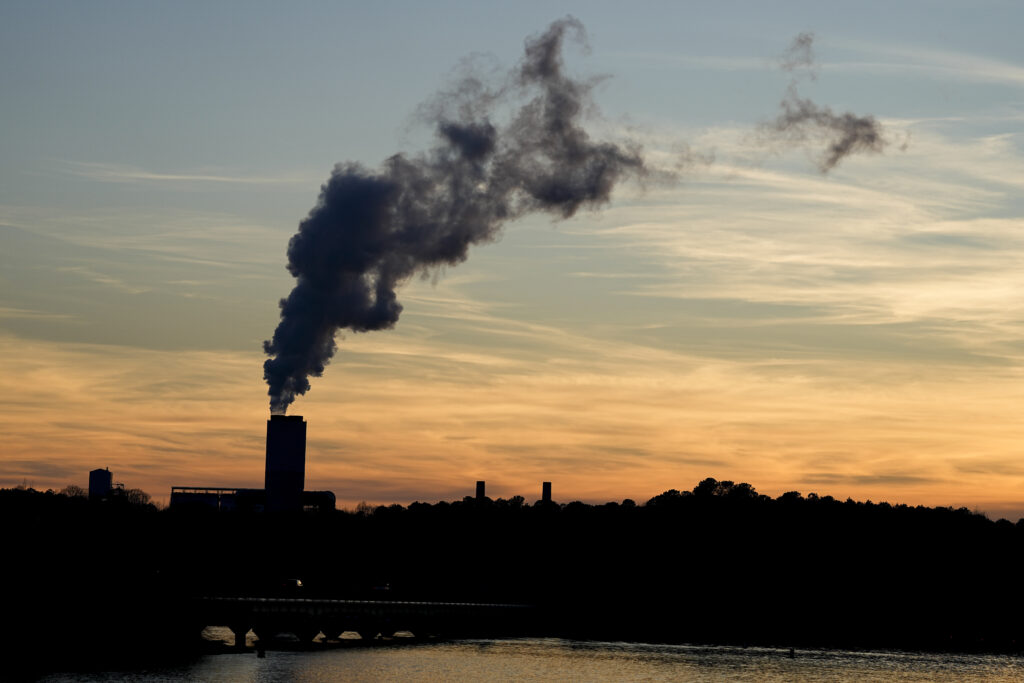
The Supreme Court has declined, for now, to block an Environmental Protection Agency rule that limits carbon emissions from coal- and gas-fired power plants, temporarily allowing the regulation to remain in place.
This decision is a rejection of emergency requests from West Virginia, Indiana, and 25 other states, most of which are Republican-led, along with various industry groups to halt the EPA rule.

Republican-appointed Justice Clarence Thomas said he would grant the application for a stay, and Justice Samuel Alito took no part in considering the decision.
The EPA regulation, which took effect on July 8, targets carbon pollution from power plants, aiming to curb greenhouse gas emissions, a major contributor to climate change. The rule mandates that existing coal plants and new natural gas-fired plants significantly reduce their emissions, including by implementing carbon capture and storage technologies by 2032.
The EPA introduced the rule under the Clean Air Act, which gives the agency authority to regulate pollution. This new regulation comes two years after a 2022 Supreme Court ruling, West Virginia v. EPA, which restricted the agency’s ability to impose sweeping measures to shift electricity generation from coal to cleaner energy sources.
Republican states and industry challengers argue that the EPA’s new rule is another attempt to sideline coal power plants, accusing the agency of overstepping its authority without clear congressional approval.
However, the EPA maintains that this action is crucial, as fossil fuel-fired power plants contribute about 25% of the U.S.’s greenhouse gas emissions, and addressing climate change requires significant cuts from this sector.
While the U.S. Court of Appeals for the District of Columbia Circuit denied requests to pause the rule in July, litigation against the regulation is ongoing, Justice Brett Kavanaugh, an appointee of former President Donald Trump, noted in a statement at the end of the order Wednesday.
CLICK HERE TO READ MORE FROM THE WASHINGTON EXAMINER
“[U]ntil June 2025, [plaintiffs] are unlikely to suffer irreparable harm,” Kavanaugh, calling the D.C. Circuit to resolve the dispute in its current term while indicating that plaintiffs can seek relief over this rule in the future.
The Supreme Court’s refusal to intervene at this stage means the rule remains in effect as lower courts continue to review the legal challenges.





